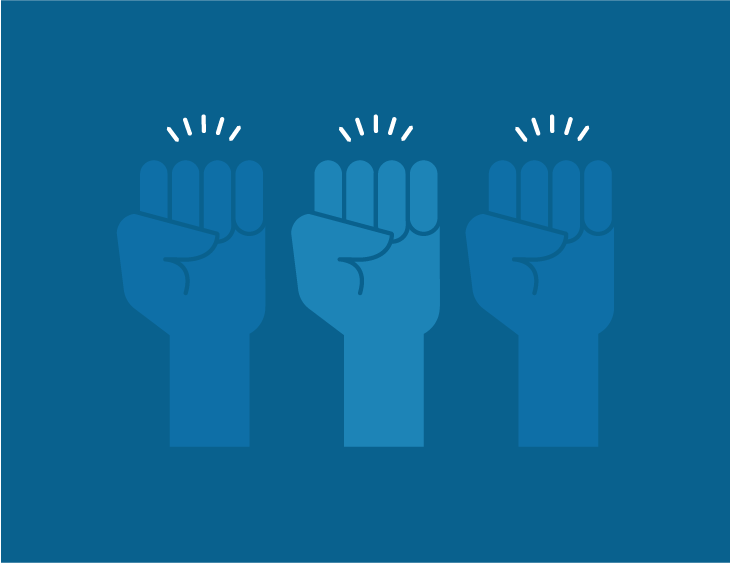
What does it mean when a union goes on strike?
Part 1
If you are like me, you may have grown up without unions. It was a far off concept, maybe only seen in movies like “The Newsies” or “Salt of the Earth”. I grew up near a small prairie town, lots of farming entrepreneurs, a local post office, grocery store, and school…if you were lucky.
A strike could mean getting down all the pins with one ball in bowling, or a good hit that was effective (such as hammer to nail, or fist to a jaw). So does a group of union workers really matter to the rest of the community and can I just look the other way if there is a strike? These are some of the questions you might ask yourself if you are not familiar with unions or the concept of going “on strike”.
You may not realize it, but you probably enjoy what you consider “basic life standards” that in years past, a group of union workers went on strike, to win that as a benefit not previously offered. Those strikes were the starting point for labour standards that began for those specific union workers, and later expand to cover more workers. In fact, it was the efforts of some of the very first unions in our country that we can now thank for worker protection and benefits enjoyed by everyone entering the workforce now. https://canadianlabour.ca/uncategorized/why-unions-history-labour-canada/
We hear more and more of “unions going on strike” or “taking strike votes”. We haven’t seen a lot of this lately, but it’s important to know that a strike is typically a last resort, after all other means of communication or negotiation have failed, and when the stakes are high. Strikes come because there is something that will not only negatively impact those workers, but also future workers and the communities they live in. Strikes are not taken lightly, and you can be assured that many other steps of action were taken to try an avoid this.
Most of the time, when workers are on strike, they are not getting paid. Which means, they loose their income stream during that time. If you think of your situation, and what might impact your ability to make mortgage payments, to buy groceries, to pay rent, cell phone bill or utilities–what would it take for you to want to put your current situation at that kind of risk? So believe me, there is something very wrong in the employment relationship, for workers to be willing to take the stand of being “on strike”.
So when you hear a union is “on strike”, you should first try to ask, what is so important they are willing to risk their own financial stability for others? And what is so important, they needed to take this action to get your attention and support?
From the Desk of the President of the Yukon Federation of Labour, Teresa Acheson





